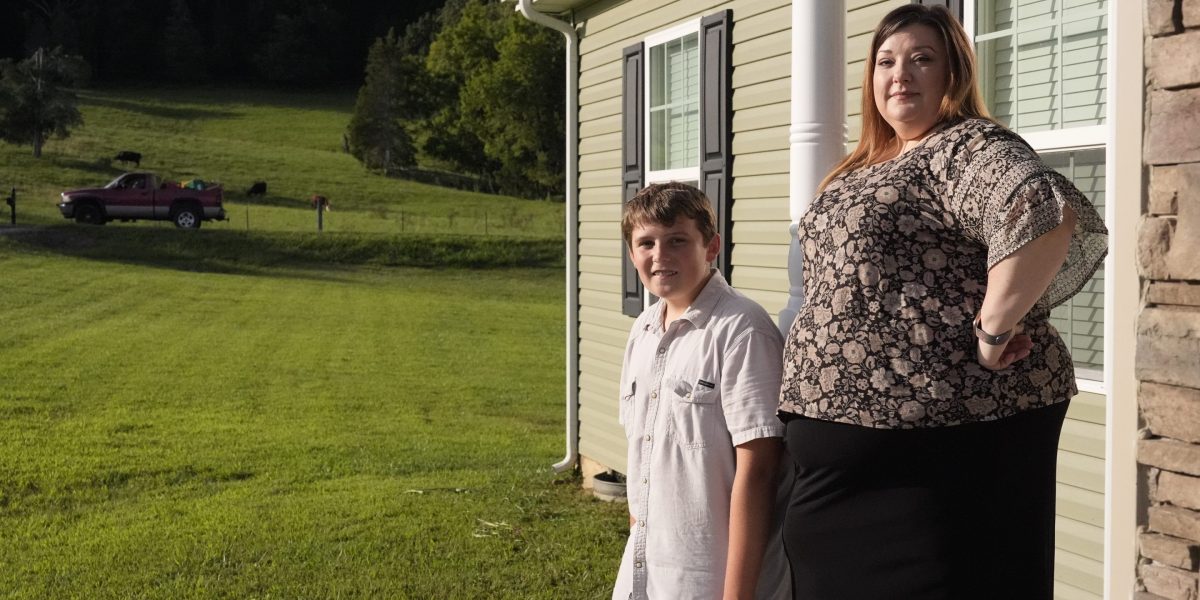H
eather Colley, a single mother and manicurist, had been struggling to find affordable housing in eastern Tennessee. After moving four times in five years due to high rents, she received a family gift of a small plot of land in 2021. However, building a house was still out of reach for her, with construction costs exceeding $272,000.
That changed when Colley qualified for a grant from a nonprofit organization through the HOME Investment Partnerships Program. The program, which has been helping build affordable housing in rural areas for decades, provided her with the necessary funds to build a three-bedroom home. She moved in last June and is now grateful for the opportunity to own a home.
However, President Donald Trump's proposal to eliminate the HOME program threatens to set back tens of thousands of future affordable housing developments nationwide. The program has helped build or repair over 1.3 million affordable homes since its inception, with at least 540,000 in rural or significantly rural congressional districts.
Colley, who voted for Trump in 2024, is now reconsidering her vote due to the proposed budget cuts. "Maybe they don't realize how far-reaching these programs are," she said. The HOME program has spent over $38 billion nationwide since its inception and has been a crucial source of funding for affordable housing projects.
House Republicans want to draw on nearly $5 billion from a related pandemic-era fund to account for the gap left by the proposed cuts, but many state housing agencies and associations are skeptical about the feasibility of this plan. Senate Republicans have included funding for HOME in their draft budget, leaving room for compromise in the coming negotiations.
In rural areas like Owsley County, Kentucky, where residents struggle with poverty and lack of investment, the HOME program is a lifeline for affordable housing development. Cassie Hudson, who runs Partnership Housing in Owsley, relies on HOME to build most of its affordable homes. A lack of additional funding has already made it hard to keep up with construction costs, and the organization builds a quarter of the single-family homes it used to.
Experts warn that reducing or cutting HOME's funding would have long-term consequences for rural areas, where local housing developers are often the only ones building affordable homes. The program helps preserve a rural way of life by providing opportunities for people like Tiffany Mullins, a single mother who bought a house in Hazard, Kentucky, thanks to HOME funding.
The effect of any reduction would be felt in a fizzling of new affordable housing supply, rather than immediate displacement of residents. Experts say that further reducing or cutting HOME would make the Low Income Housing Tax Credit program less usable, as it relies on HOME grants for 12% of its units.














